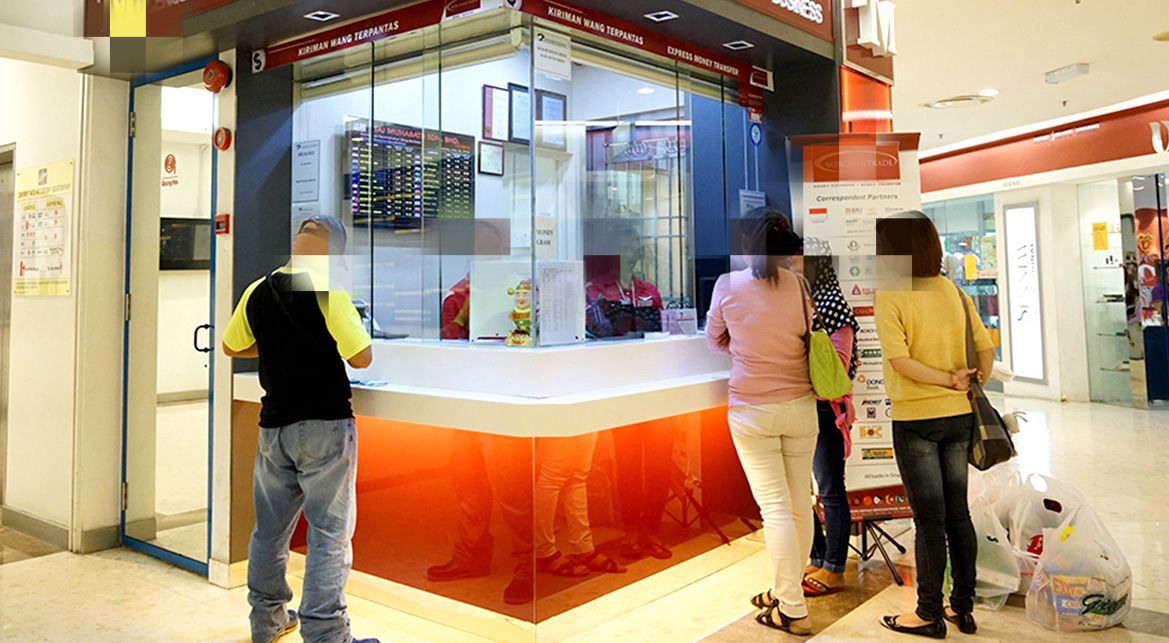
A money changer, also known as a currency exchange teller or currency exchange operator, is responsible for exchanging one currency for another. Their primary duty is to facilitate the conversion of foreign currencies for customers. Here are the responsibilities and duties of a money changer:
Currency Exchange:
The primary duty of a money changer is to exchange one currency for another at the current exchange rate. They must accurately calculate and provide the correct amount of the desired currency to the customer.
Knowledge of Exchange Rates:
Money changers should stay updated with current exchange rates for various currencies and be able to provide this information to customers.
Verification of Identification:
Depending on local regulations and anti-money laundering (AML) policies, money changers may need to verify the identity of customers, especially for larger transactions.
Counting and Handling Currency:
Money changers must count and handle currency accurately to prevent errors or discrepancies. They often use counting machines or other tools for efficiency and accuracy.
Issuing Receipts:
It's common practice for money changers to provide customers with receipts for each transaction, documenting the details of the exchange for both parties' records.
Currency Conversion Fees:
Money changers may charge fees or commissions for their services. These fees should be transparent and disclosed to customers before the transaction is completed.
Security Measures:
Money changers need to implement security measures to protect against counterfeit currency and theft. This may include using counterfeit detection devices and security cameras.
Compliance with Regulations:
Money changers are subject to financial regulations and anti-money laundering laws in their respective countries. They must ensure compliance with these regulations, including reporting large transactions to authorities when required.
Customer Service:
Providing excellent customer service is important. Money changers should be polite, professional, and helpful when dealing with customers' inquiries or concerns.
Record-Keeping:
Keeping accurate records of all currency exchange transactions is crucial for financial and regulatory purposes. These records may be subject to audits or investigations.
Currency Supply Management:
Money changers need to ensure they have an adequate supply of various currencies on hand to meet customer demands. Managing the supply of currencies efficiently is essential.
Currency Market Analysis (optional):
Some money changers may engage in currency trading and market analysis to manage their currency inventories and potentially profit from currency fluctuations.
Educating Customers:
Money changers may educate customers about exchange rates, currency conversion fees, and other aspects of currency exchange to help them make informed decisions.
It's important to note that the specific duties and responsibilities of a money changer can vary depending on local regulations, the size and type of business, and individual company policies. Money changers should always operate with integrity, transparency, and in compliance with applicable laws and regulations.
